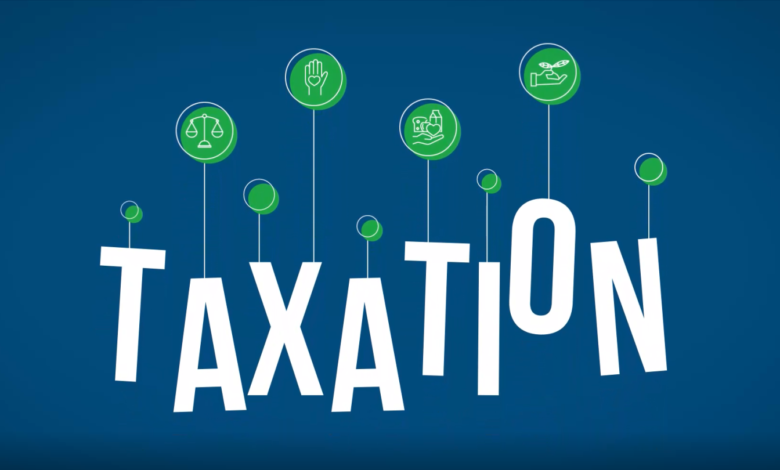Leveraging public finance and taxation for achieving the SDGs

Distinguished Ministers and Panelists,
Excellencies, Ladies and Gentlemen,
It is my pleasure to welcome you to this very important conversation about alignment of fiscal policies with the Sustainable Development Goals (SDGs).
Many of you have come from participating in the Spring Meetings in Washington, D.C., and you are well-informed about the state of the global economy. While we would like to see the world on a divergent path, with a potential soft landing for developed economies, numerous hurdles still challenge developing economies.
In this respect, the ideas introduced by Brazil, such as the proposal for global wealth taxation, are especially relevant and are hopefully advancing at the G20 level.
Moreover, the UNDP Human Development Index (HDI) shows that the gap between very high and low HDI countries has been increasing since 2020, reversing decades of convergence.
In this macro-context, domestic resource mobilization is a central focus for maintaining macroeconomic stability and sustained economic growth, for developing countries to finance development and climate priorities in an integrated manner.
By enhancing tax systems, optimizing budgets, improving expenditure efficiency, and managing debt sustainably.
Governments can redistribute wealth, maintain fiscal stability, and channel resources towards key SDG areas, such as gender equality, climate, well-being, and good governance.
It is essential to strengthen country leadership and adopt Integrated National Financing Frameworks to achieve these goals, along with intensified partnerships in international cooperation for sharing best practices, knowledge, and lessons learned.
At UNDP, we have set ourselves an ambitious trillion-dollar ‘moonshot’ to promote the investment of over $1 trillion in public and private resources for the SDGs by 2025. Various solutions and programmes, such as Tax for SDGs, Budget for SDGs, Integrated National Financing Frameworks, and thematic bonds and insurance, have been advanced to support this target.
Today, we focus on one of the most vital elements in meeting the moonshot target: public finance and taxation.
Tax revenue remains the most sustainable source of revenue for governments and the most viable means to raise finances for the SDGs.
Furthermore, it reduces the dependence on international assistance and contributes to the repayment of burdensome debt, ultimately strengthening a country’s ability to withstand external shocks.
Exactly two years ago, with generous support from the governments of Norway and Finland, UNDP launched the Tax for SDGs Initiative.
This Initiative works to align tax systems with the Sustainable Development Goals across 25 countries, focusing especially on Least Developed Countries and Small Island Developing States.
In 2023 alone, over 1,500 personnel from 74 government entities received training in areas such as tax auditing and revenue collection — markedly improving their ability to manage and innovate within their fiscal frameworks.
Additionally, innovative digital tax administration solutions were implemented in Tanzania and Lebanon, and over 1,000 officials have participated in dedicated Tax for SDGs courses across Colombia, Eswatini, Sri Lanka, and Tanzania — all aimed at fortifying global tax practices aligned with the SDGs.
These efforts collectively underscore Tax for SDGs’ pivotal role in redefining public finance to achieve equitable and sustainable development worldwide.
Indeed, the success of the Tax for SDGs Initiative is a testament to the collaborative efforts amongst nations, international organizations, academia, and civil society.
Together, we have exchanged best practices, knowledge, and lessons learned, creating a community dedicated to enacting real change.
As part of the UN family, UNDP remains committed, together with key partners like the OECD, UNDESA and others, to supporting countries in strengthening domestic resource mobilization to finance the SDGs and Nationally Determined Contributions while enhancing tax administrations’ capacity to address tax avoidance, evasion, and illicit financial flows, and facilitating the alignment of tax policies with tangible outcomes.
I would like to extend my gratitude to the Governments of Finland and Norway for co-hosting this event and to the distinguished panelists, moderator, and participants for their unique insights.
Your observations and knowledge are proving vital to drive a wider shift in thinking now taking place whereby key financial mechanisms like taxation can — and must be – more carefully crafted to truly work in service of people and planet.
Thank you.
Source link





